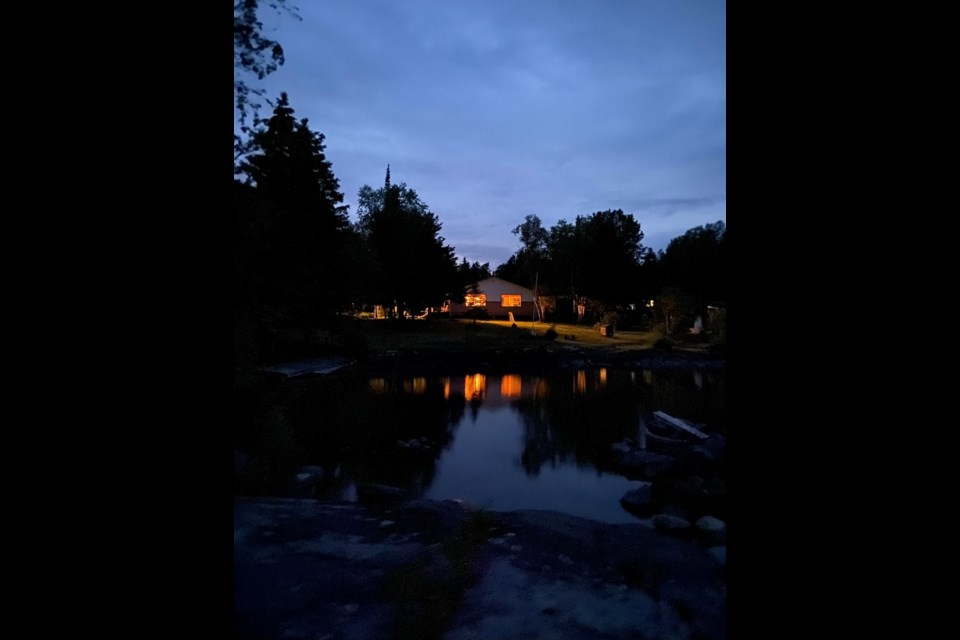Feeling left behind because most of your friends and neighbours appear to have ditched the city for their camps? You’re not alone.
Local realtor James Colquhoun says record numbers of interested clients are asking for seasonal properties for a second summer in a row. “Every summer there’s interest, but this year and the last, there’s been a huge surge of interest,” he says.
Supply has lagged far behind demand, with most people preferring to keep their seasonal properties in the family, rather than putting them for sale on the market. “Places have popped up - but they’re pretty scarce and also very expensive. A lot of people who can’t find anything now ask me about vacant land,” Colquhoun says.
For outdoorsy DIYers, buying vacant land and setting up a trailer or tent might sound like an economical solution, but there are things to consider.
“You want to know exactly how much land you’re getting,” the realtor says. “Have it surveyed and find out exactly where the property lines are.” If the land is undeveloped and all you can see some trees and bushes from the road, it’s hard to know exactly what you’re getting, without a surveyor’s professional help.
Knowing what you want to use the land for, and verifying that you can do it, is also important. “Somebody might buy a piece of vacant land, thinking they can cut down the trees, or sell the timber, or dig to build a house. But there’s lots of different bylaws in different areas, so always check with the local municipality before making your purchase,” Colquhoun says.
If the land previously had a commercial property on it, an environmental check is recommended to make sure it is safe for habitation.
Whether you buy vacant land to develop, or an existing camp, there are certain things you should check first, according to Colquhoun. Whether you get water from a well or from a lake, it should be tested. If there is a septic tank, it should be checked out, and if you plan to install one, they can be very costly so you should be prepared.
Another thing to be aware of is that some camps are on associated land, where all camp owners pay a monthly fee to the association, and you don’t actually own the land yourself. This means that you need approval from the association before making changes or improvements to your property, such as building a boathouse. Freehold camps are more desirable, therefore more expensive, but even camps on associated land have gone up in price.
If you’re looking for a camp, now is the time, as the majority of seasonal properties come up for sale during the summer. Keep your eyes open and get your ducks in a row, Colquhoun advises. “See what you can afford; you need to be prepared,” he says.
According to Colquhoun, most clients in Thunder Bay look for seasonal properties within an hour’s drive from home. “That’s the typical thunder Bay mantra, we don’t want to be too far from anything,” he chuckles. “We’re a little spoiled that way.”
With most waterfront properties now costing more than the average home in the city, some of Colquhoun’s clients are considering selling their primary home to move full-time to a rural property. “A lot of people here, especially since the pandemic, want to find their own little piece of paradise,” he says. Remote work has made it possible for many - “It’s a lot easier now to live out at the lake,” he adds.



